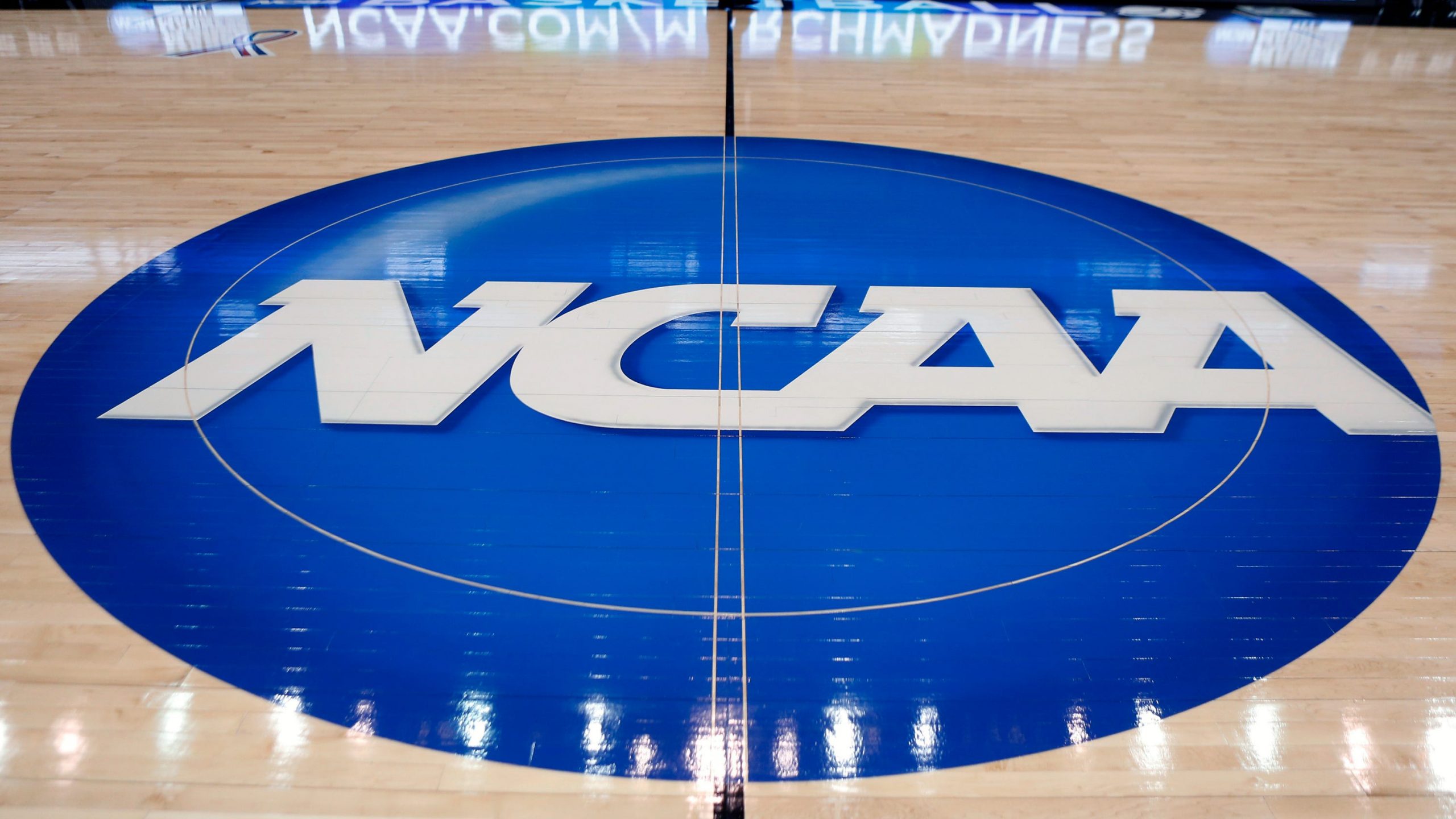The Florida House of Representatives on Friday night gave the final legislative approval of a bill that would help college athletes in the state make money from their name, image and likeness, beginning July 1, 2021.
The House’s action — by a 98-14 vote — sends the measure to Gov. Ron DeSantis, who announced in October that he supports such a proposal. The Senate approved the bill earlier this week by a 37-2 margin.
If DeSantis signs the bill, Florida will join California in having this type of a law — but Florida’s would take effect 18 months before California’s. That could prompt lawmakers in California to revisit their measure, and it puts further pressure on the NCAA as its executives, school presidents and athletics administrators consider the issue.
"For far too long, the collegiate athlete system professionalized everyone associated with athletics except for the young women and men who put in the work and sweat to hone their skills and talent," the bill's primary House sponsor, Rep. Chip LaMarca (R), said in a statement following the vote.
"Today’s action in the Florida Legislature for our more than 11,000 collegiate athletes tells the NCAA that we won’t stand for greedy rules that put athletes at a disadvantage. … Wearing a school’s jersey shouldn’t mean choosing between using your talent and earning extra money to support your education."
Various NCAA groups have been studying the issue with an eye toward putting proposals before the association’s top governing boards by late April and having rules changes ready for votes at the NCAA convention in January 2021.
Meanwhile, the NCAA has asked for help from Congress as it faces the possibility of state-by-state action on name, image and likeness (NIL).
Colorado’s legislature has approved an NIL bill that is awaiting action from Gov. Jared Polis; it would take effect Jan. 1, 2023.
Nebraska’s single-chamber legislature has voted in favor of such a bill twice, moving the measure to a final vote. The Nebraska bill does not have a standard effective date. It would allow colleges in the state to decide when to implement the change, so they could do so any time after enactment. They would be required to do so by July 1, 2023.
A bill in New Jersey has passed the state Senate, been through the Assembly’s committee process and moved to the Assembly floor.
Lawmakers in more than 20 other states are considering NIL bills. Proposals this year in Mississippi, Oregon and Virginia either failed or did not clear the legislature before adjournment.
As with the California law, Florida’s bill would allow athletes to have agents or lawyers help them secure NIL deals.
But Florida’s bill has a number of provisions that are not in the California law. They represent an attempt to address some of college athletics administrators’ concerns about athletes being able to more easily monetize their name, image and likeness than they can under current NCAA rules. Under the bill:
— While athletes will be able to get NIL compensation on their own, “such compensation must be commensurate with the market value of the authorized use of the athlete’s name, image, or likeness,” although the bill does not define market value.
— Compensation related to NIL “may not be provided in exchange for athletic performance or attendance at a particular institution” and can only be provided by a third-party not affiliated with the school. How this would be enforced is not addressed.
— A school, a booster group or any other school fundraising entity — or an officer, director or employee of a school or such a group — “may not compensate or cause compensation to be directed to a current or prospective” athlete for their NIL. This is an effort to sideline leaders of booster groups and keep athletics departments from having staffers help athletes line up deals.
Florida lawmakers also believe that their bill would less susceptible to legal challenge from the NCAA than California’s law because it only directs schools in the state to allow athletes to have greater freedom regarding their NIL — it does not address the NCAA.
The California law expressly addresses the NCAA, saying the association cannot keep athletes from participating in college sports because they are making money from their NIL and it cannot keep a school from participating in college sports because its athletes are getting money from their NIL.
The NCAA has claimed that the law violates the commerce clause of the U.S. Constitution, which says that only Congress has the power to regulate commerce among states. It is possible that the NCAA could take the same view of the Florida bill because while the bill only addresses Florida institutions, it arguably ends up having the same practical impact as California’s law.
Source: Read Full Article
